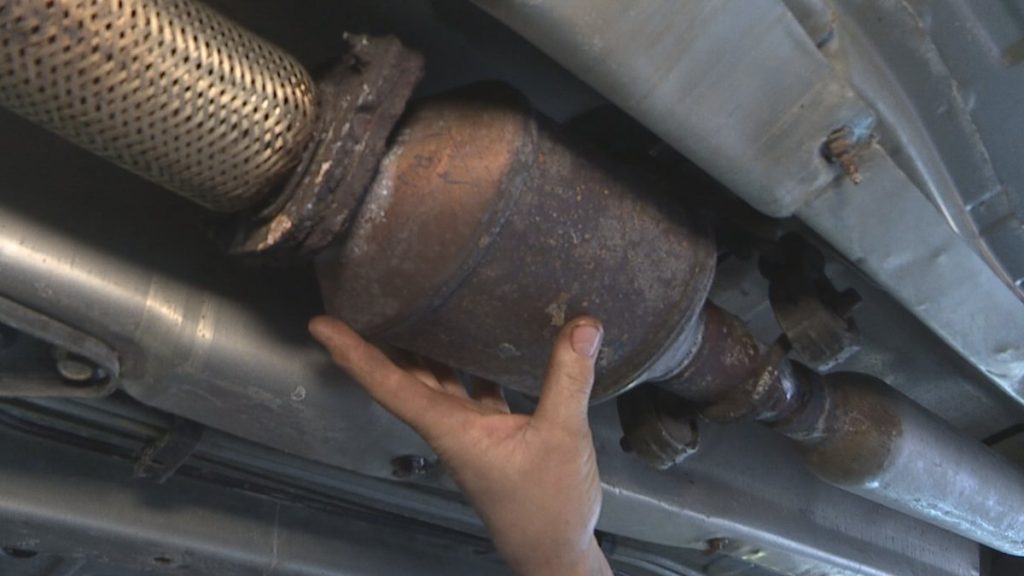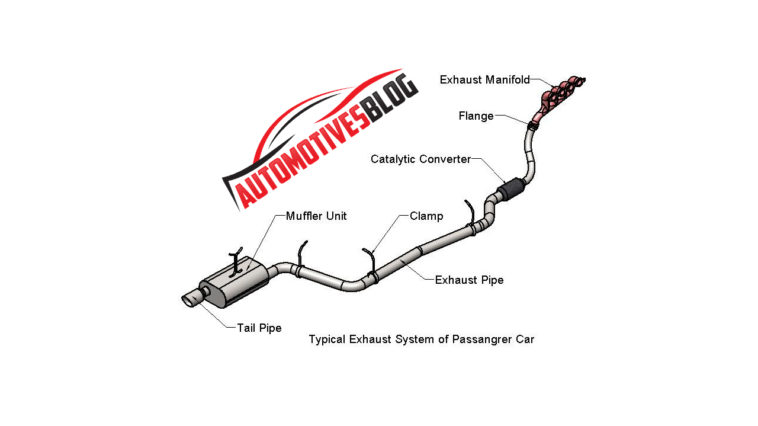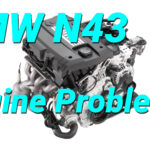The exhaust system converter fails quite often, especially if the vehicle’s mileage is more than 90,000–120,000 miles. It can fail earlier due to low-quality fuel or mechanical damage. Replacing the converter is a problem — drivers often come to a car service center with it.
Catalytic converter service life

The converter is a crucial part of the car’s exhaust system. It is mainly used for purifying the exhaust gases. This is a kind of a gas filter that the gases pass through before they are emitted.
The first exhaust is highly toxic; it is harmful to the environment and affects human health negatively. A catalytic converter was created to reduce the harmful impact of exhaust emissions. The inner part of it is coated with a special coating that contains precious metals. The layer transforms poisonous fumes into carbon dioxide and nitrogen compounds, which are totally safe for the surroundings.
Catalytic converters of good quality that are put in at the factory will last for about 60,000-120,000 miles. Most often, drivers contact the car service centers to ask for a failed part to be recovered. However, can it?
It is not possible to repair the converter due to the complexity of its design. Destroyed honeycomb structures cannot be restored, but there are ways to prevent premature wear of this part:
- Meltback. The body heats up and melts due to low-quality fuel. When carbon deposits clog the honeycomb, the ECM alarms about engine malfunctions. It becomes difficult to drive the vehicle due to a sudden drop in power. The vehicle does not start at the first attempt; it responds to the driver’s commands late;
- Fair wear-and-tear. The catalytic converter has a certain service life. With proper operation, regular maintenance, the part serves up to 120,000 miles. It is necessary to replace the converter immediately after its failure. Even if there is an impression that the part can still be operational, the replacement should not be delayed due to the possible damage to other elements of the exhaust system and the engine;
- Clogging. The converter prevents harmful combustion products from being emitted. If the vehicle user notices that oil consumption has increased, this fact cannot be ignored. The catalytic converter may be clogged and an urgent replacement is required.
What happens if the converter is not replaced?
If signs given by the vehicle are ignored, the failed converter can cause serious problems – fuel consumption will increase, and engine power will decrease. Furthermore, the out-of-order catalytic converter can cause engine breakdown, which will entail lengthy and costly repairs.




